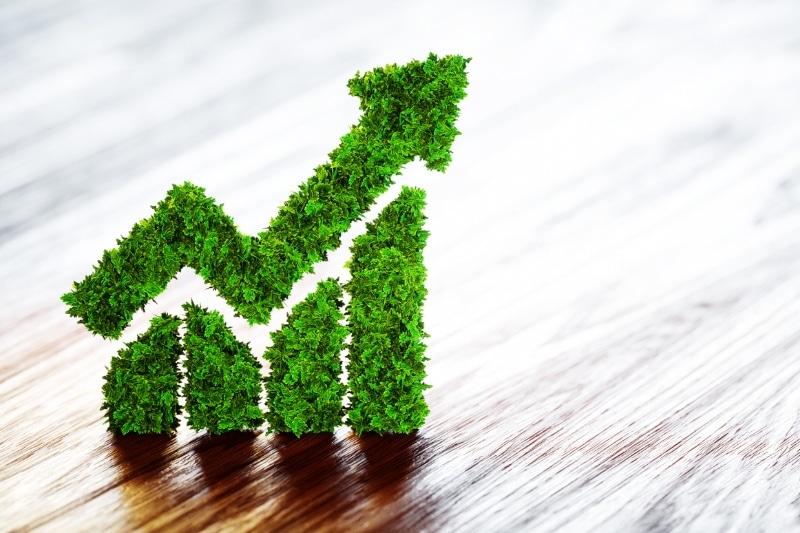In an effort to establish itself as a regional hub for the developing industry, Malaysia has announced the implementation of tax incentives for carbon capture and storage (CCS). The tax incentives are a part of Malaysia’s annual budget plan, Budget 2023, with sustainability becoming the country’s key priority.
The Budget 2023 proposals state that companies undertaking CCS in-house activity will be qualified for an investment tax allowance of 100% for 10 years to set off against 100% of statutory income. Other benefits include full import duty and sales tax exemption on equipment for CCS technology from 1 January 2023 until 31 December 2027 and tax deduction for allowable pre-commencement expenses within five years prior to the date of commencement of operation. Meanwhile, companies providing CCS services will be eligible for a 100% investment tax allowance for 10 years to set-off against 100% statutory income or 70% income tax exemption on statutory income for 10 years. There will also be full import duty and sales tax exemptions on equipment for CCS technology and tax deduction on fees incurred for use of CCS services from 2023 to 2027.
In addition, the Malaysian government is considering the carbon pricing mechanism and aims to enact a carbon tax and advance the environment, social, and governance (ESG) agenda. Businesses will be encouraged to accelerate the adoption of ESG-focused technology and develop green projects as a result of the extension of the Green Investment Tax Allowance (GITA) and Green Income Tax Exemption (GITE) by an additional two years, to 31 December 2025. Malaysia and Indonesia were the first countries in Southeast Asia to declare that carbon capture and storage (CCS) will aid in decarbonizing their industrial sectors
(Sources: Energy Voice; Business Today)
